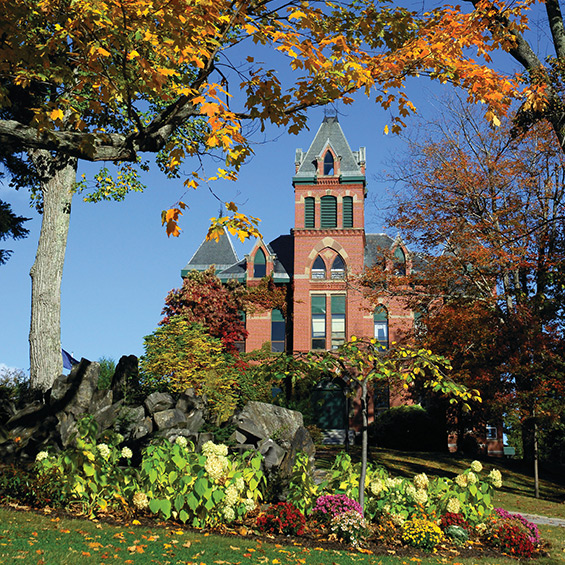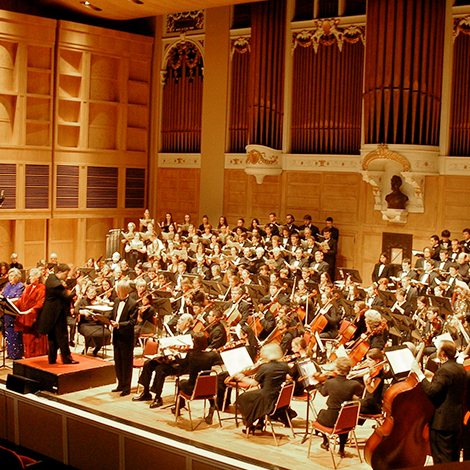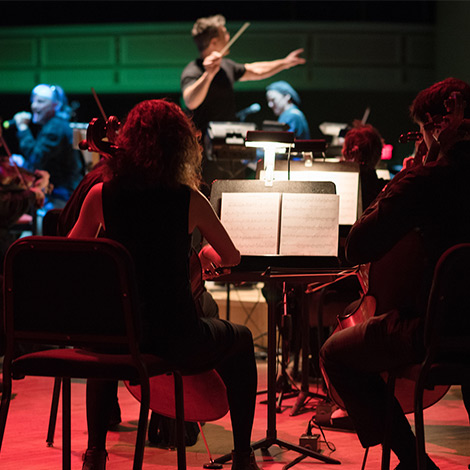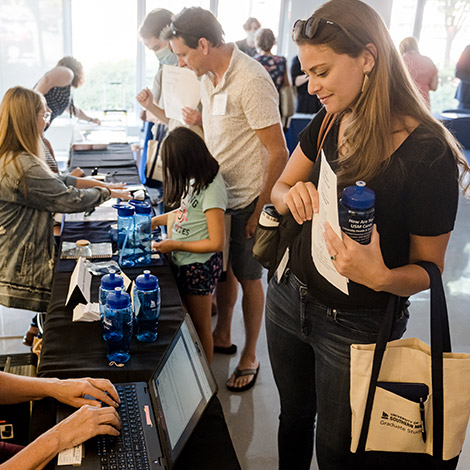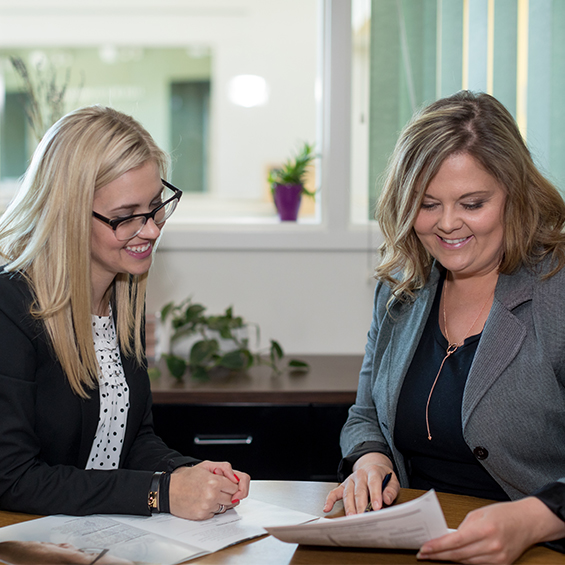Tuition & fees
Costs include tuition & fees. Tuition rate varies depending on residency. New England residents may qualify for a tuition break. See cost details
Credit hours
30 required credit hours. Most courses are equal to 3 credit hours.
Browse course list
Financial aid
Over 150 graduate assistantships available with stipend & tuition assistance, plus scholarship, fellowship & research opportunities. Explore aid
Admissions
No GRE required. Apply for fall, spring, or summer term. View application process & deadlines
Program highlights
Expected career outcomes
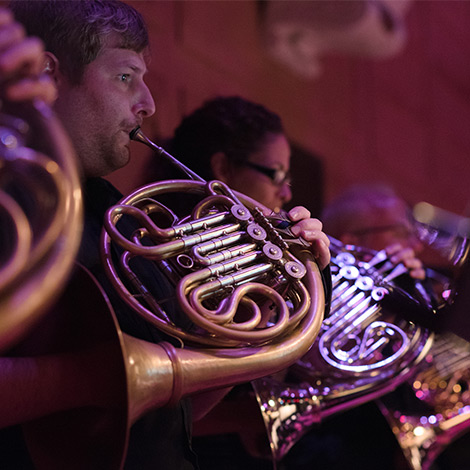
Professional preparation
Our alumni perform as soloists and with renowned ensembles throughout the U.S. and internationally. In addition to holding positions in music leadership and serving as top-rated professors, our graduates have gone on to sing with the New York Metropolitan Opera and the Lyric Opera of Chicago, and become Grammy winners.
Faculty of distinguished performers
The School of Music offers a personalized and opportunity-based approach to educating musicians, featuring a faculty of distinguished performers (nationally and internationally), teachers, scholars, and mentors with experience in all styles of music.
Program requirements
Choose a concentration in brass or percussion, organ, piano, strings, voice, or woodwinds. Our graduate students prepare for performance careers through private lessons, studio classes, University ensemble rehearsals and performances, and a final recital.
Our performance season
Attend and engage in our Faculty Concert Series; the Southern Maine Symphony Orchestra; Scholarship Gala; Chamber Singers; University Chorale; Concert Band; our annual musical; opera; ensembles of jazz, vocal jazz, winds, and composers; as well as student recitals, masterclasses, and performances by internationally known guest musicians.
Graduate student support
Our Office of Graduate Studies connects you with opportunities for professional development, scholarships, and graduate assistantships. They also foster our graduate student community through Peer Mentorship and the Graduate Student Board.
Scholarship opportunities
Scholarships offer financial aid that doesn’t need to be repaid. We encourage students in graduate degree programs to apply for scholarship opportunities.
Do you live in New England?
You may be eligible for a reduced tuition rate, as part of the NEBHE Tuition Break Program.
Connect with us
Our monthly Graduate Information Sessions are an excellent way to learn more about the benefits of our program, as well as our admissions and financial processes.
Our graduate admissions counselors are here to answer your questions about the admissions process, our academic programs, and student support services.
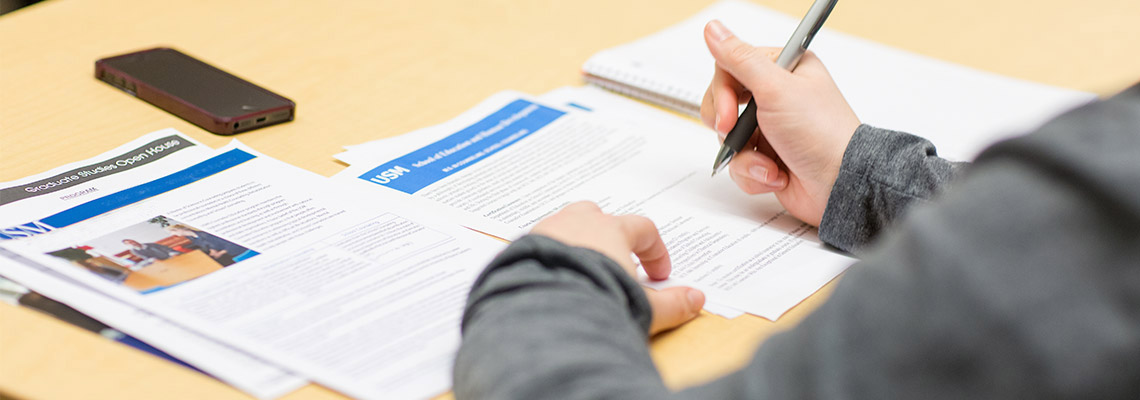
Admission information: Masters of Music in Performance
Application deadlines
We accept applications on a rolling basis and review them continuously.
| Application deadline | Fall term start | Spring term start | Summer term start |
|---|---|---|---|
| Final | August 1 | December 15 | April 15 |
| International applicants | June 1 | October 15 | Not available |


